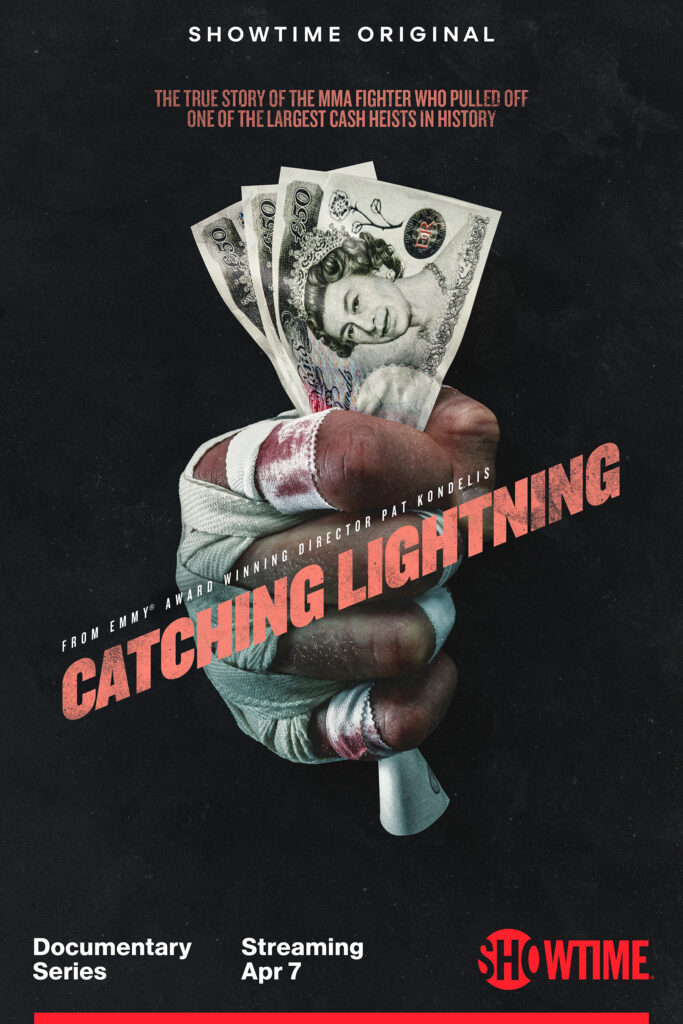Let me state the obvious: Carrie is a curious subject for a musical. (Full disclosure: I spent close to seven years developing a musical called The Screams of Kitty Genovese, so I consider myself somewhat of an authority on curious source materials.) Yet director Stafford Arima, along with the crackerjack producing team behind MCC, presciently understood that the recent explosion of bullies as a cultural phenomena – along with the slow simmer of religious fanaticism dancing on the lip of a Republican primary race – made the basic premise of Broadway’s most famous flop more than just current. It was suddenly, dare I say, about to be very relevant. Perhaps the time had come to give Carrie her due; perhaps the time for a revisit was now? All of which begs the question: was telekinetic Carrie ahead of her time? To be quick, No – but not for want of trying. The much revised and structurally re-imagined take on Stephen King’s first novel is no lost masterpiece but neither is it destined to remain the butt of so many Broadway-insider jokes. Strangely enough, where it fails is in not going far enough into the extreme: Carrie has all the trappings of an oddly modern Wagnerian opera: religious myths, animal sacrifice, lots of blood, the creation and destruction of the world. In fact a few times I heard what I thought were musical snippets of another bloody opera-disguised-as-a-musical, Stephen Sondheim’s Sweeney Todd. That said Michael Gore’s score is less the finale of Gotterdammerung than a simplified Spooky Mormon Hell Dream. Despite a handful of powerful musical duets afforded to Carrie and her mother, Margaret, there is noticeably a lack of specific writing for supporting characters. It’s in this miasma of 80’s soft rock that Carrie’s camp quotient is eternally mired. Lawrence D. Cohen’s book is the antithesis: taut and clear, finding the heroic within the quotidian lives of small town America and making the 40-year old story more relevant than ever. Where he stumbles is in framing the evening with a clumsy inquisition of the solitary survivor from the prom. Sure, it provides a wedge into the story while imparting a volume of background but it’s a far from elegant trick, delivered by actress Christy Altomare with all the histrionics of a waterboarding at Gitmo. The rest of the ensemble is fine – if smaller than it should be. Marin Mazzie is in good voice, finding a well of sympathetic depths in Carrie’s lonely zealot of a mother. Molly Ranson might look like a refuge from HBO’s Big Love, but her Carrie White is solid, sensitive, and ultimately sad. It’s enough to make me wish the authors got around to fixing the scene at the prom. After everything Ms. Ranson has been called upon to suffer through, she - and we – deserves her big Brunnhilde moment. Still, despite any misgiving about this particular production I have to tip my hat to Michael Gore, Dean Pitchford and Lawrence D. Cohen for their risk-taking spirit in revisiting a project some 20 years on: there is hope, after all, in honest error.









